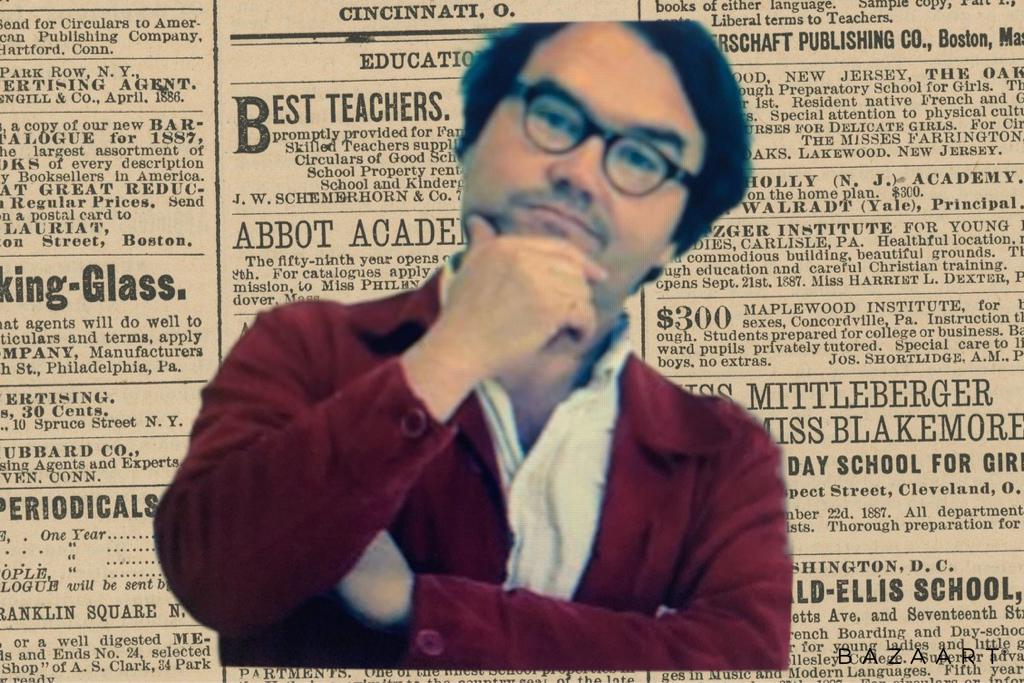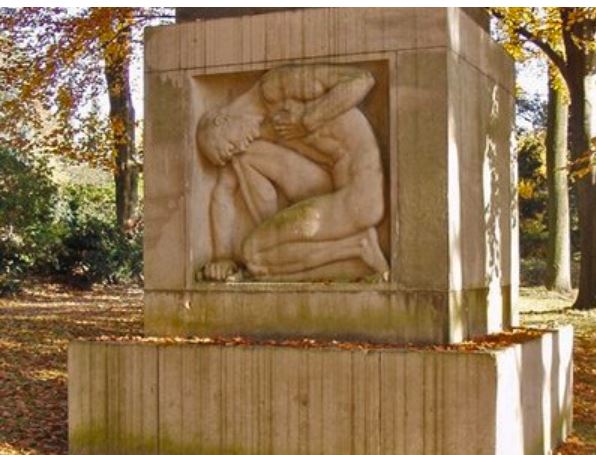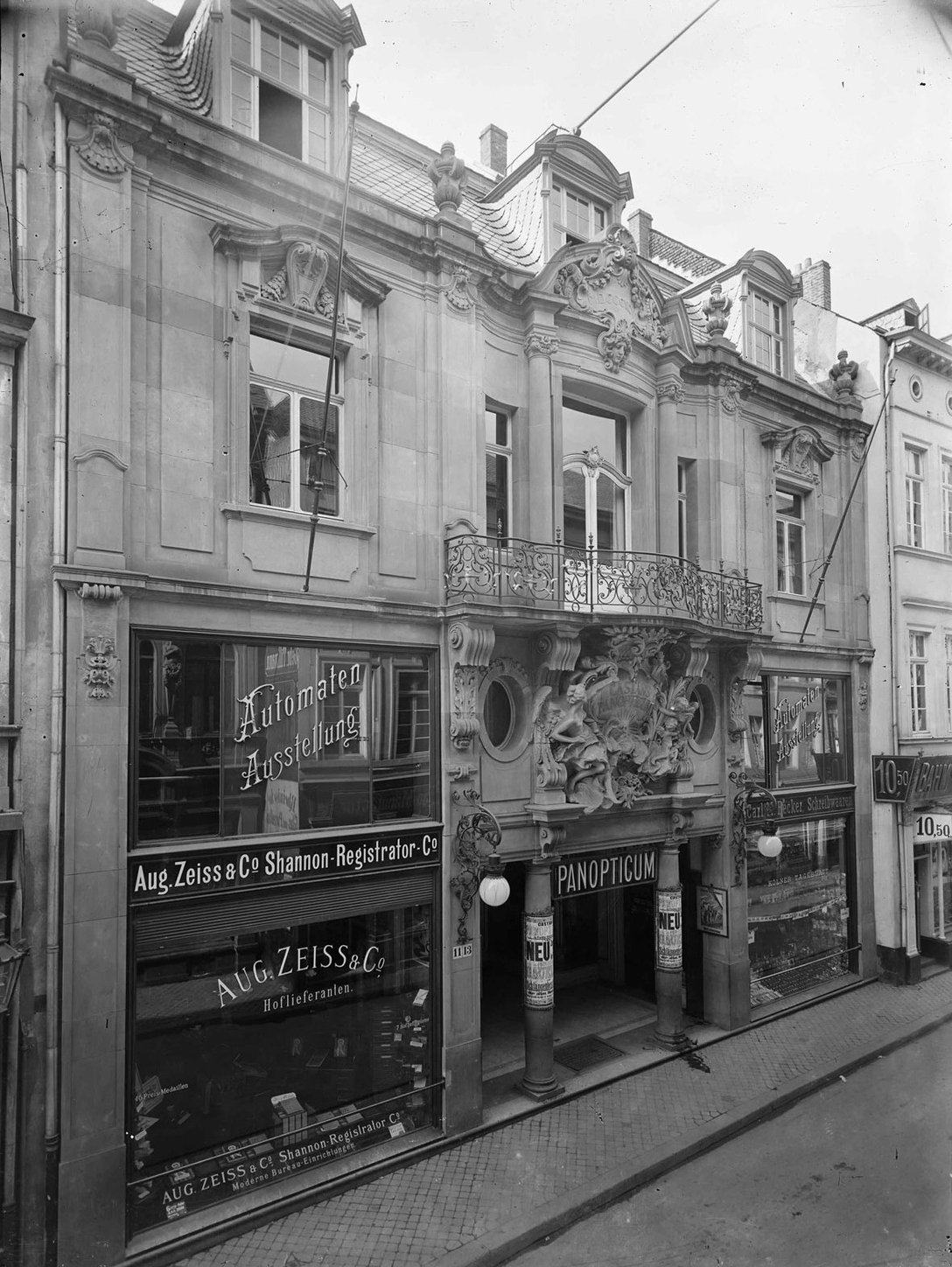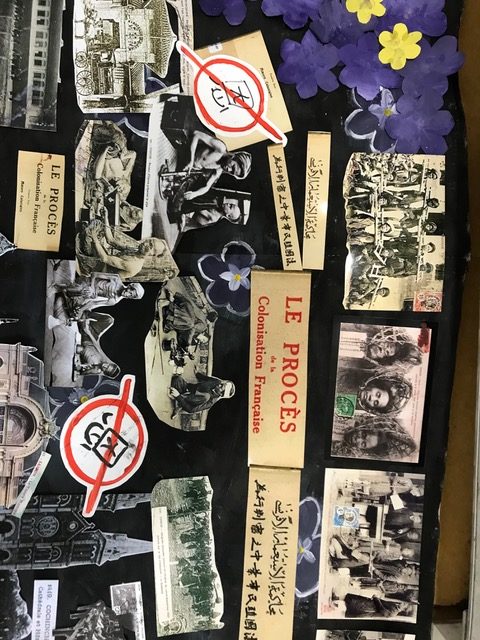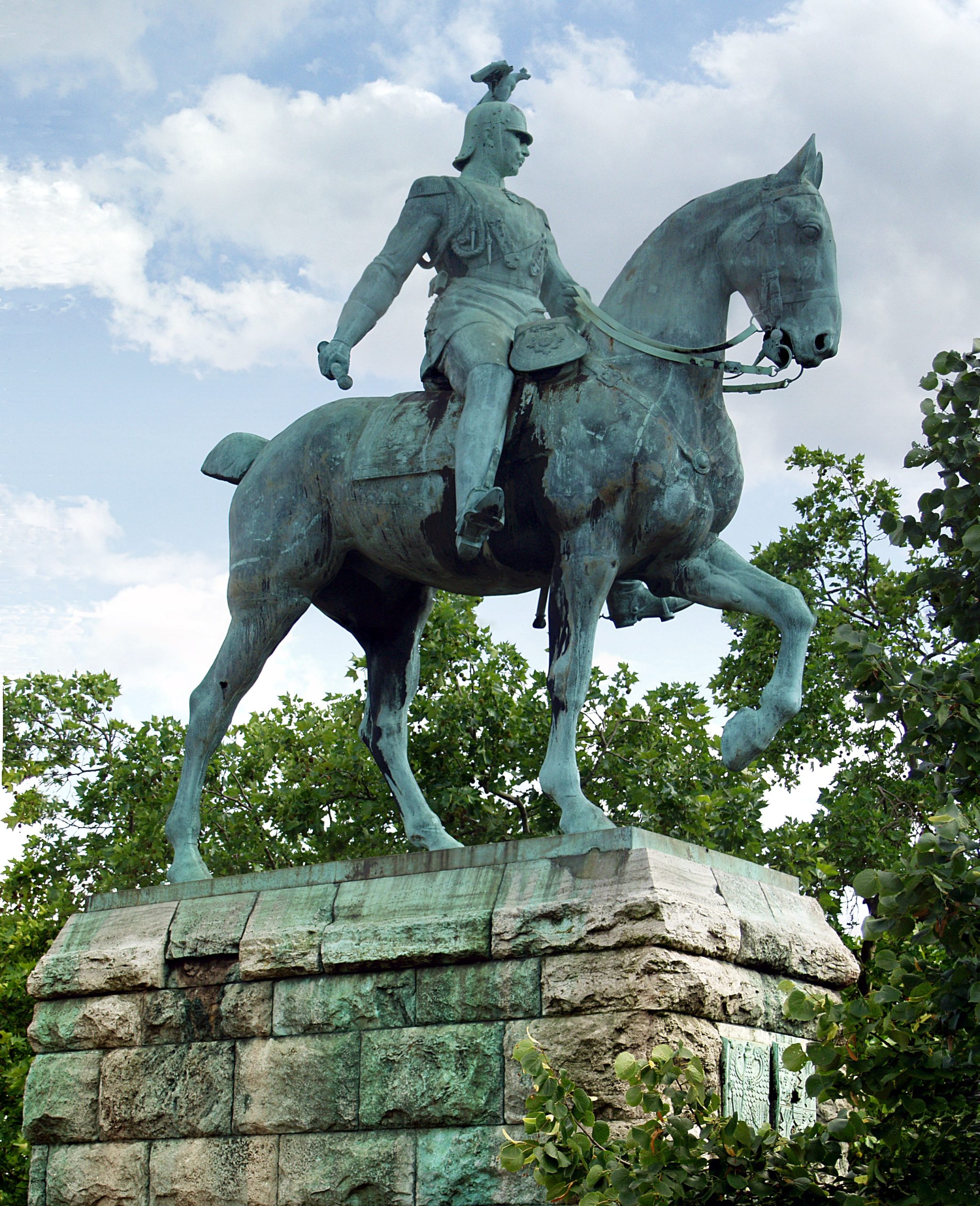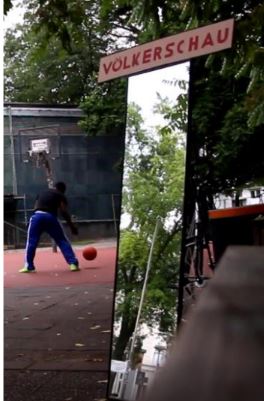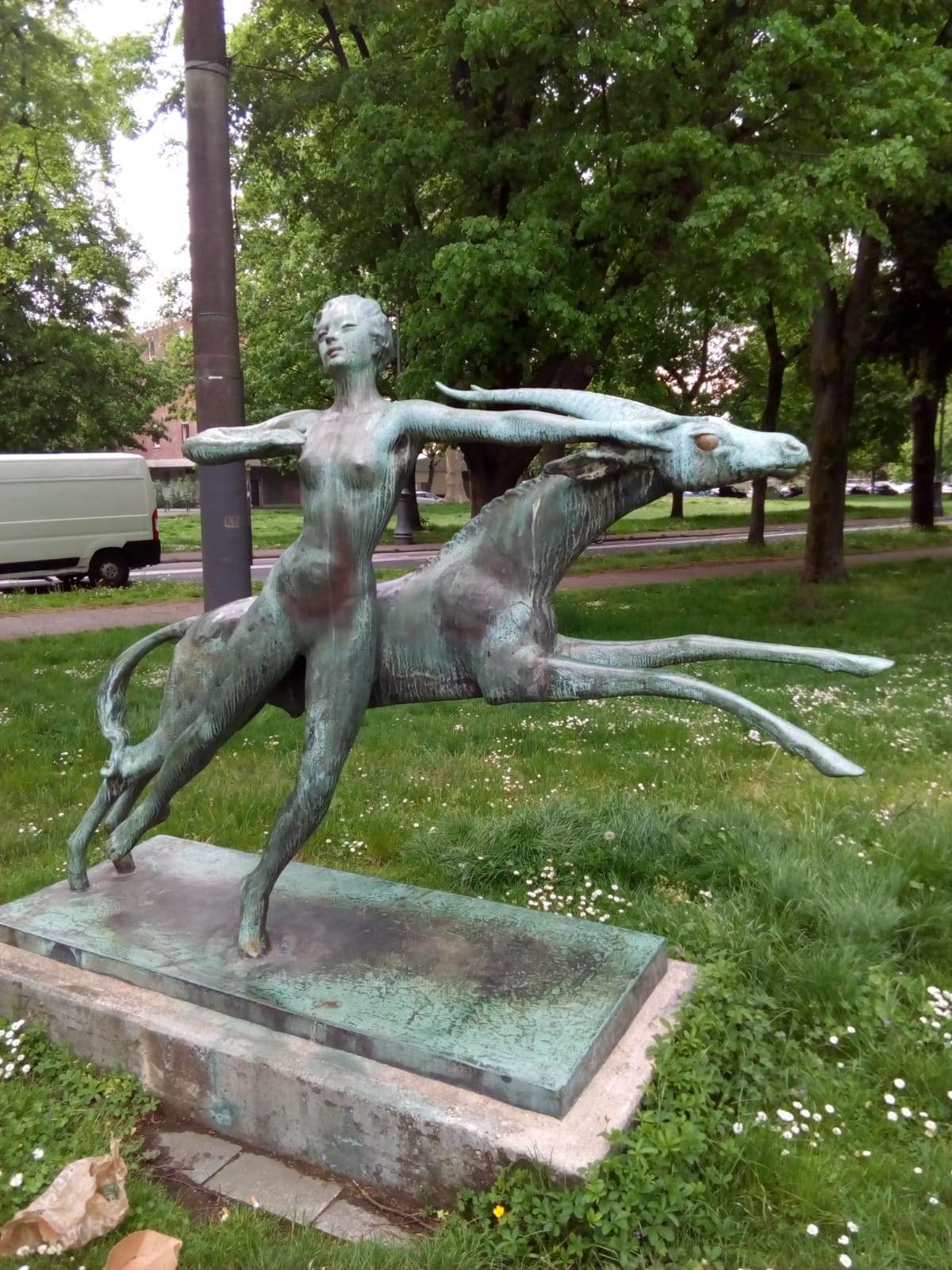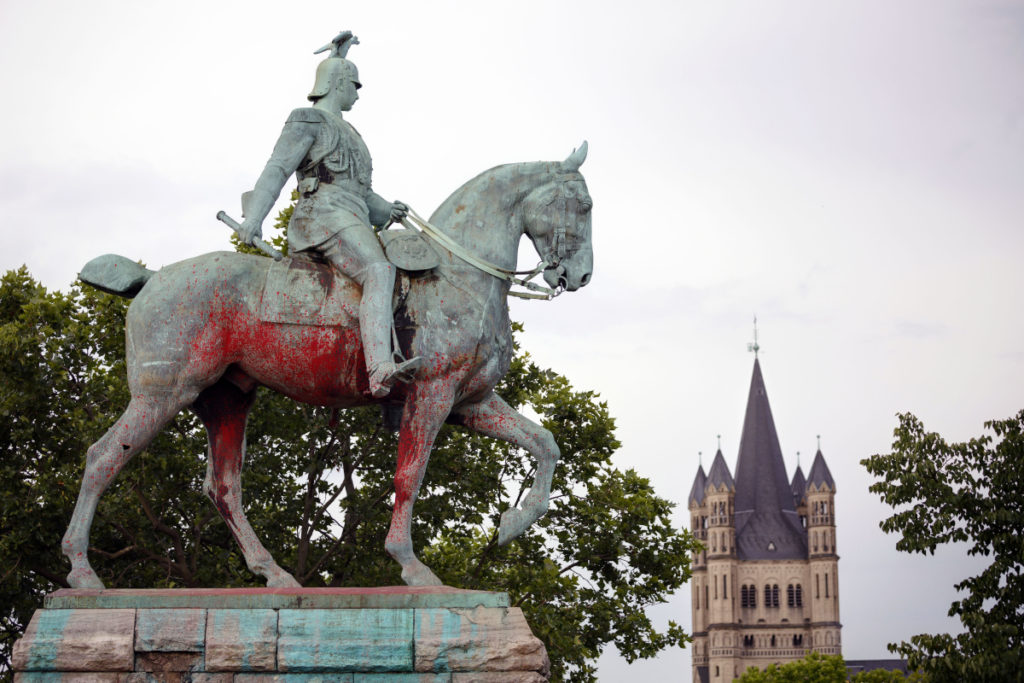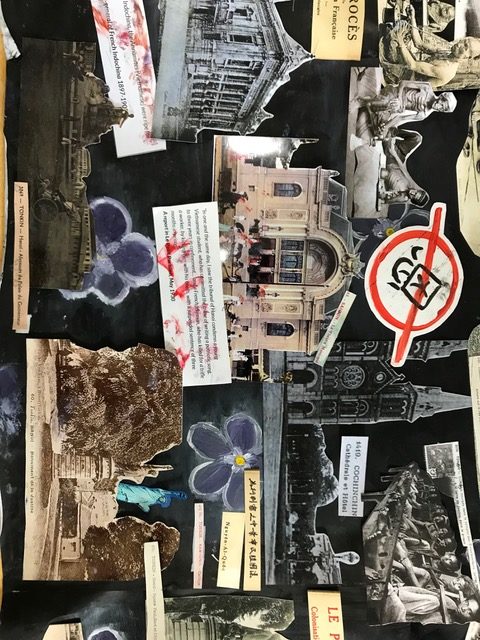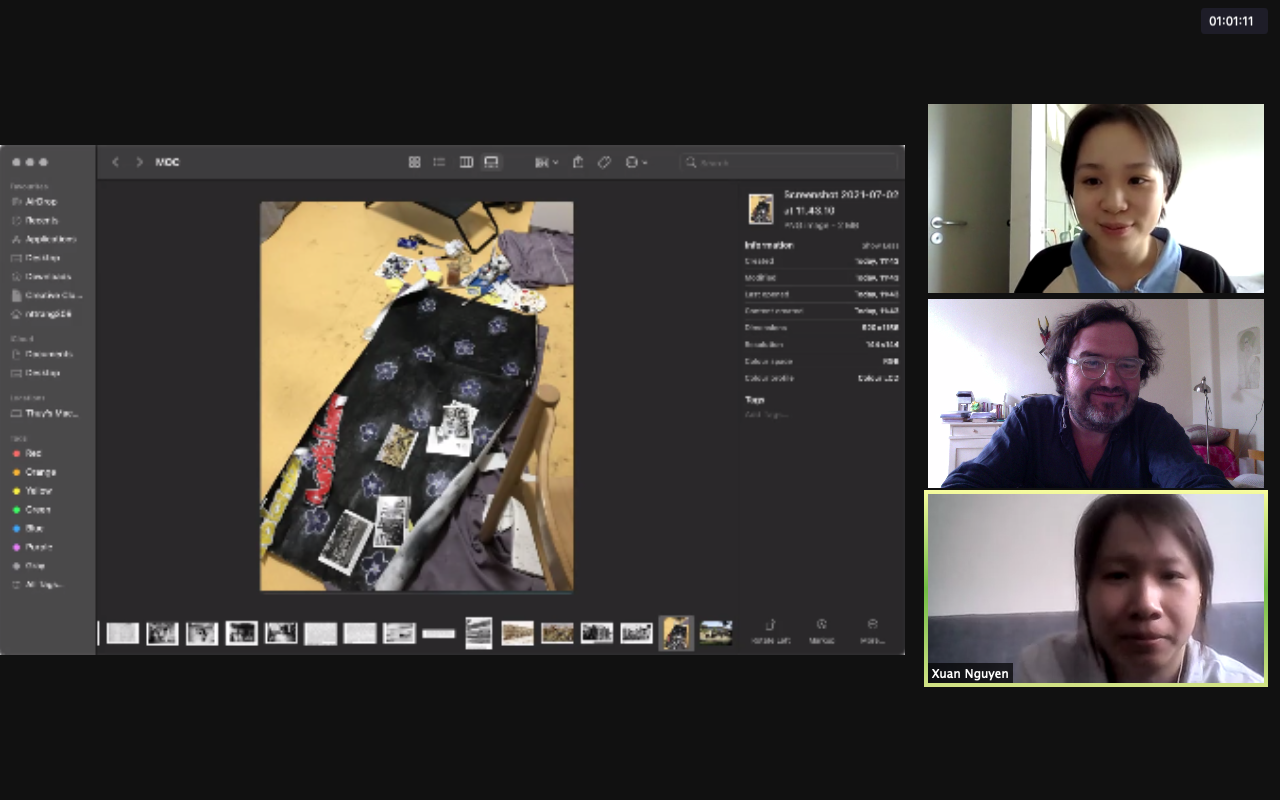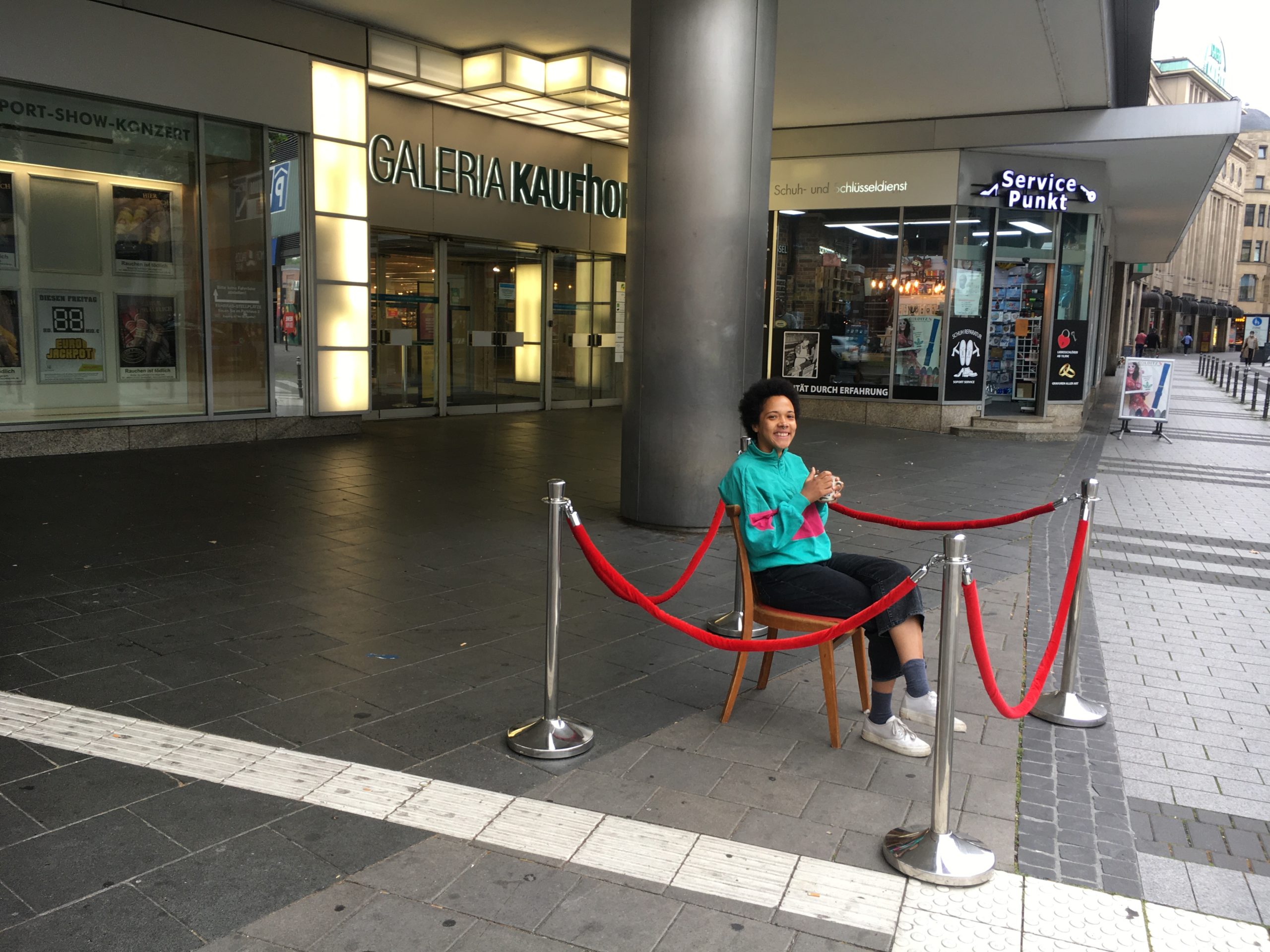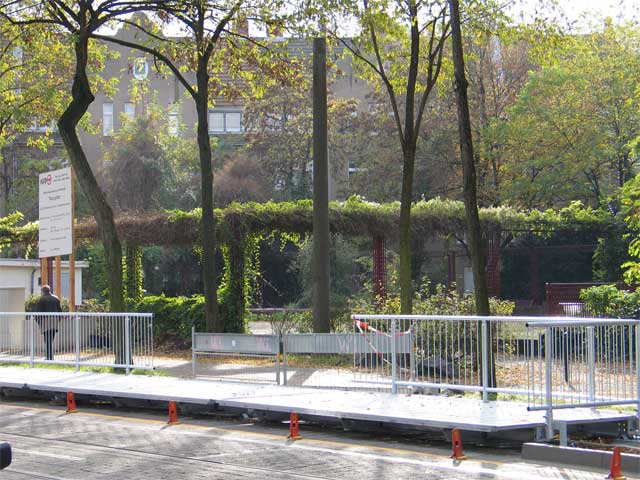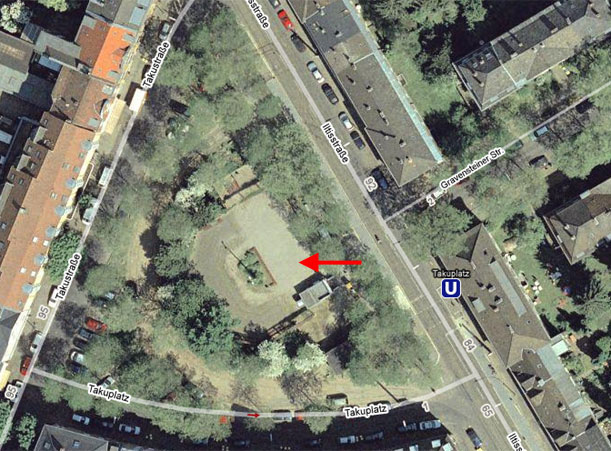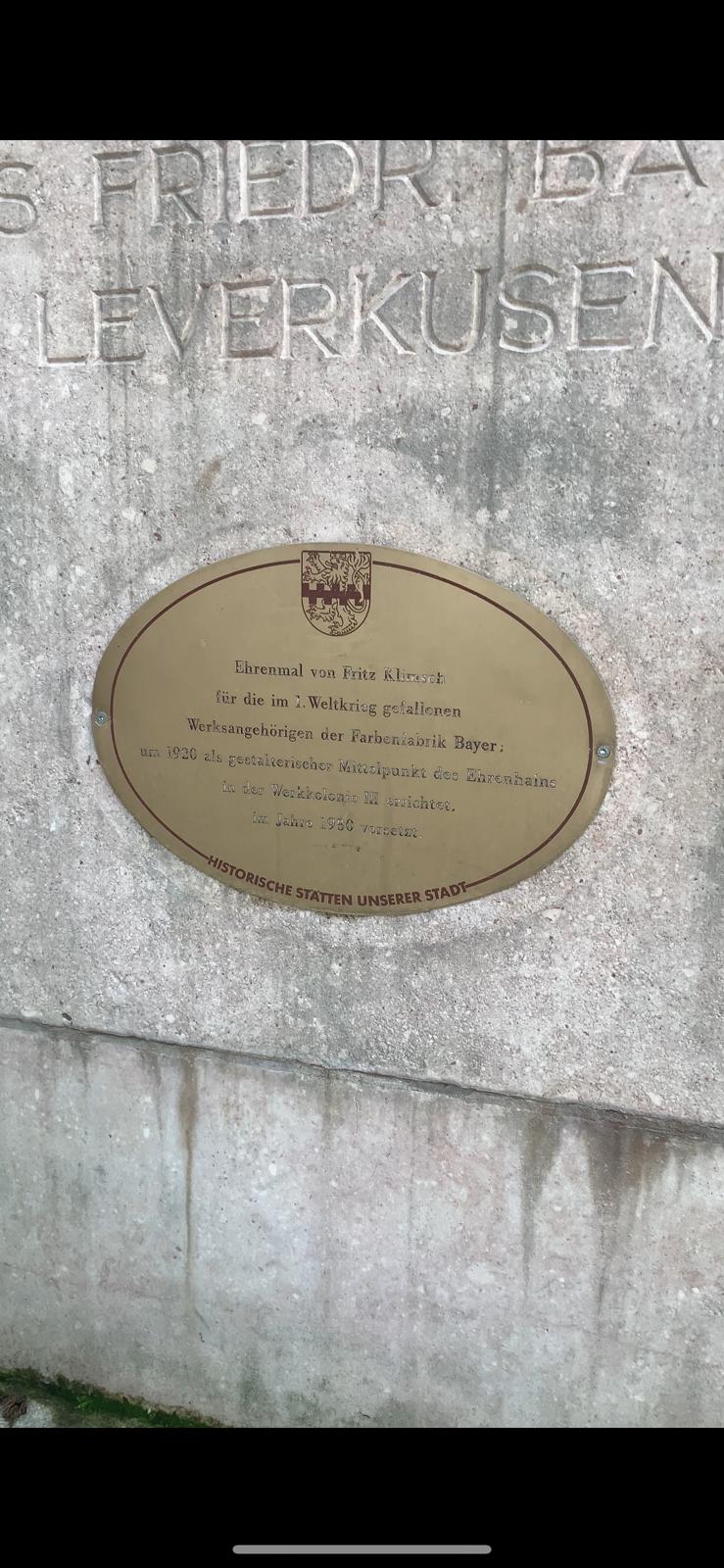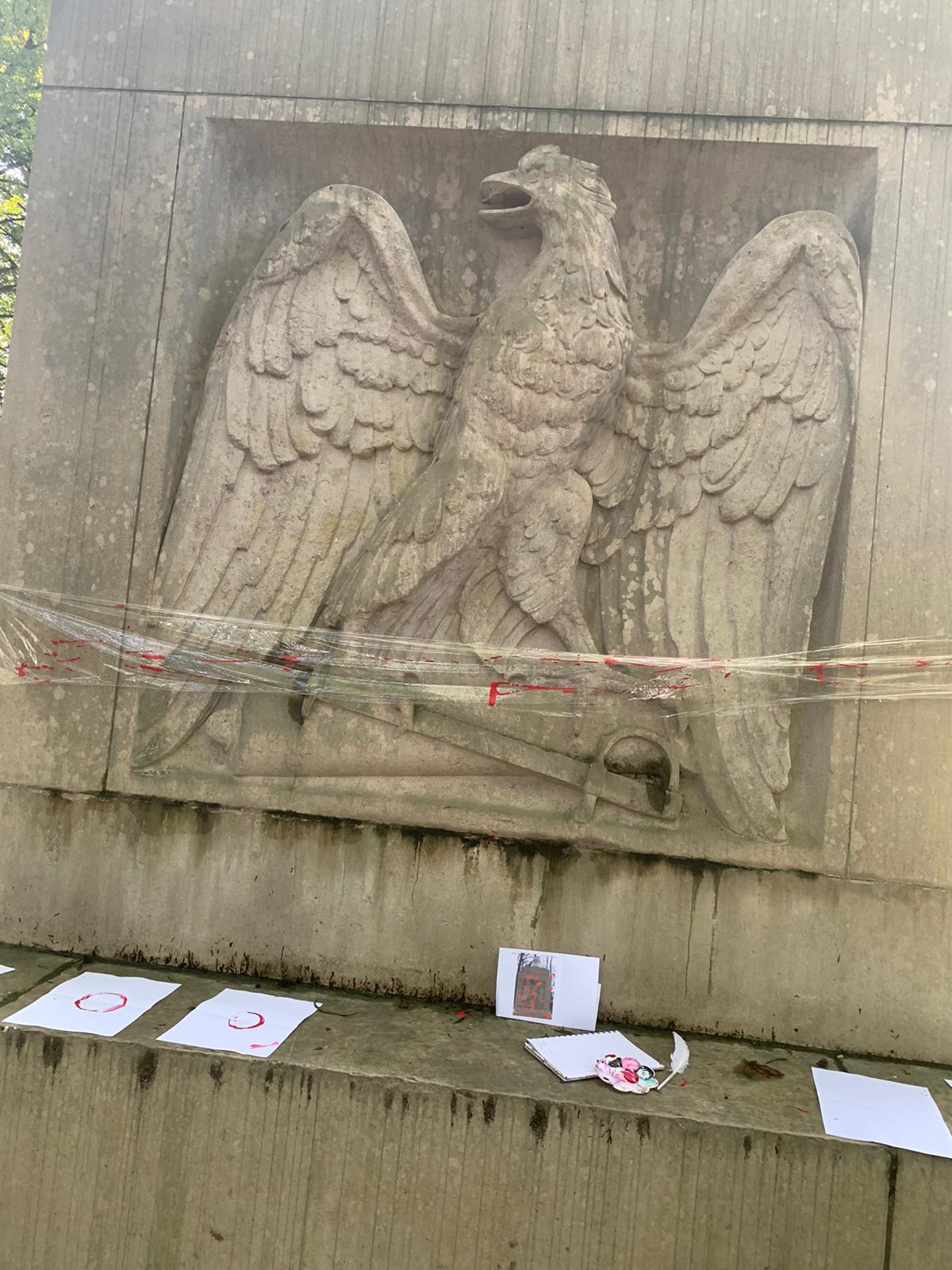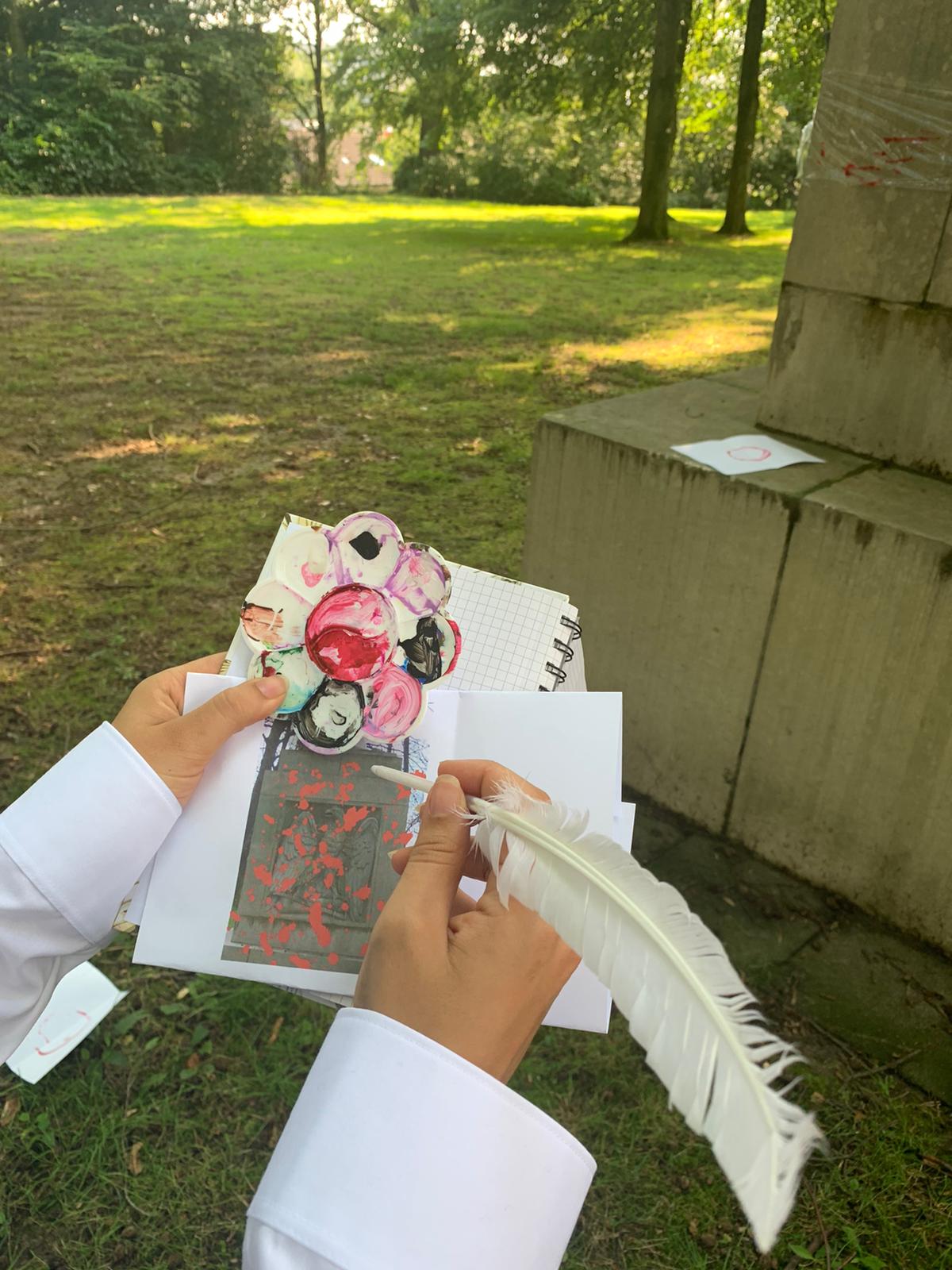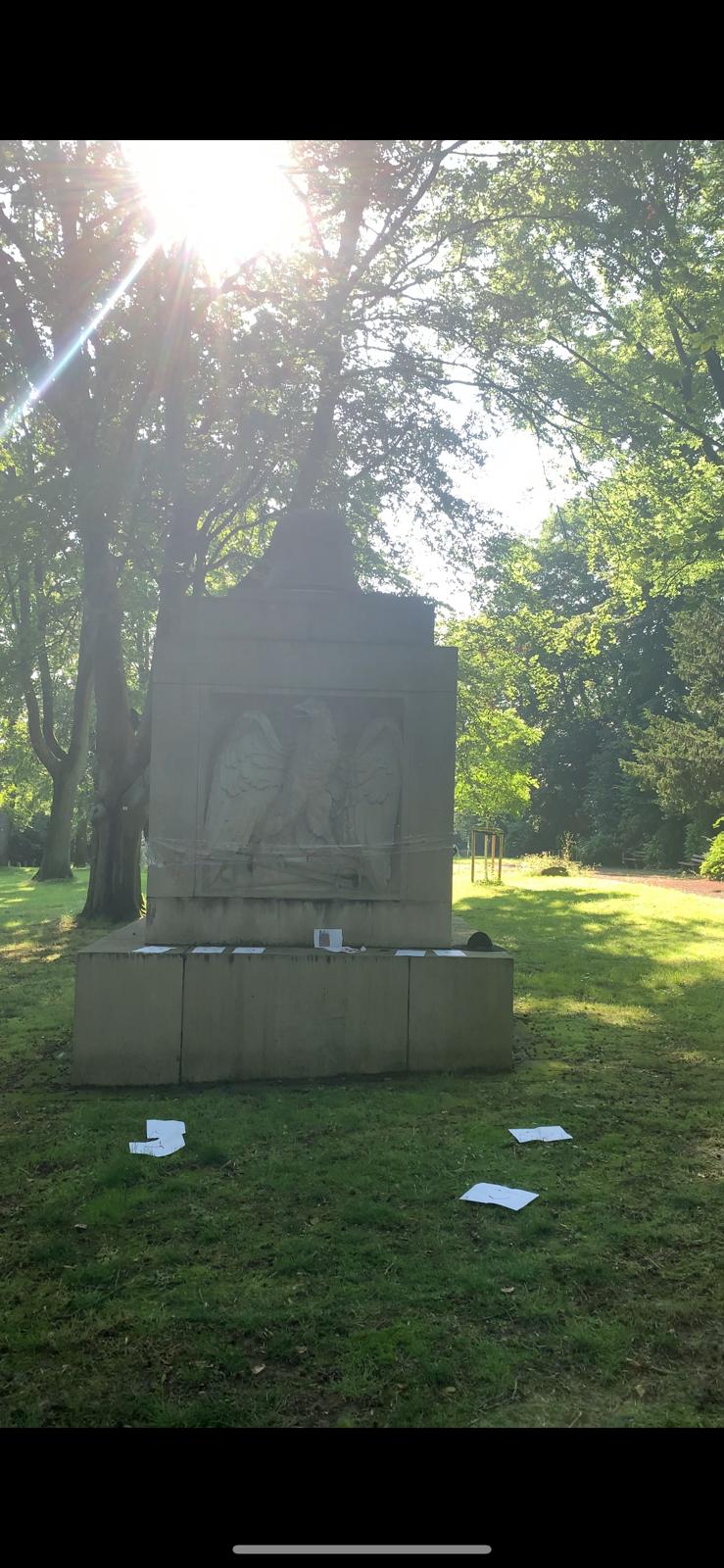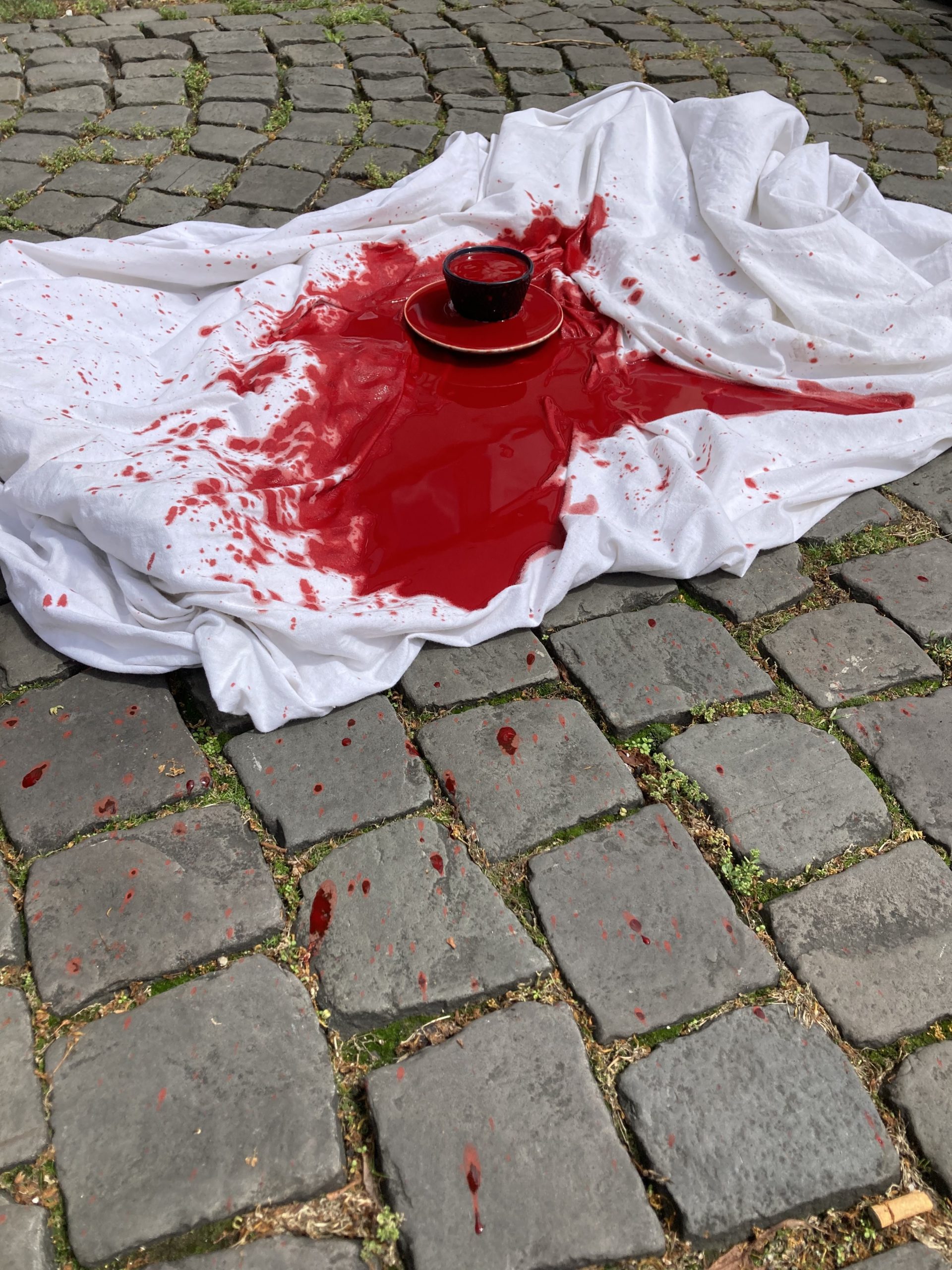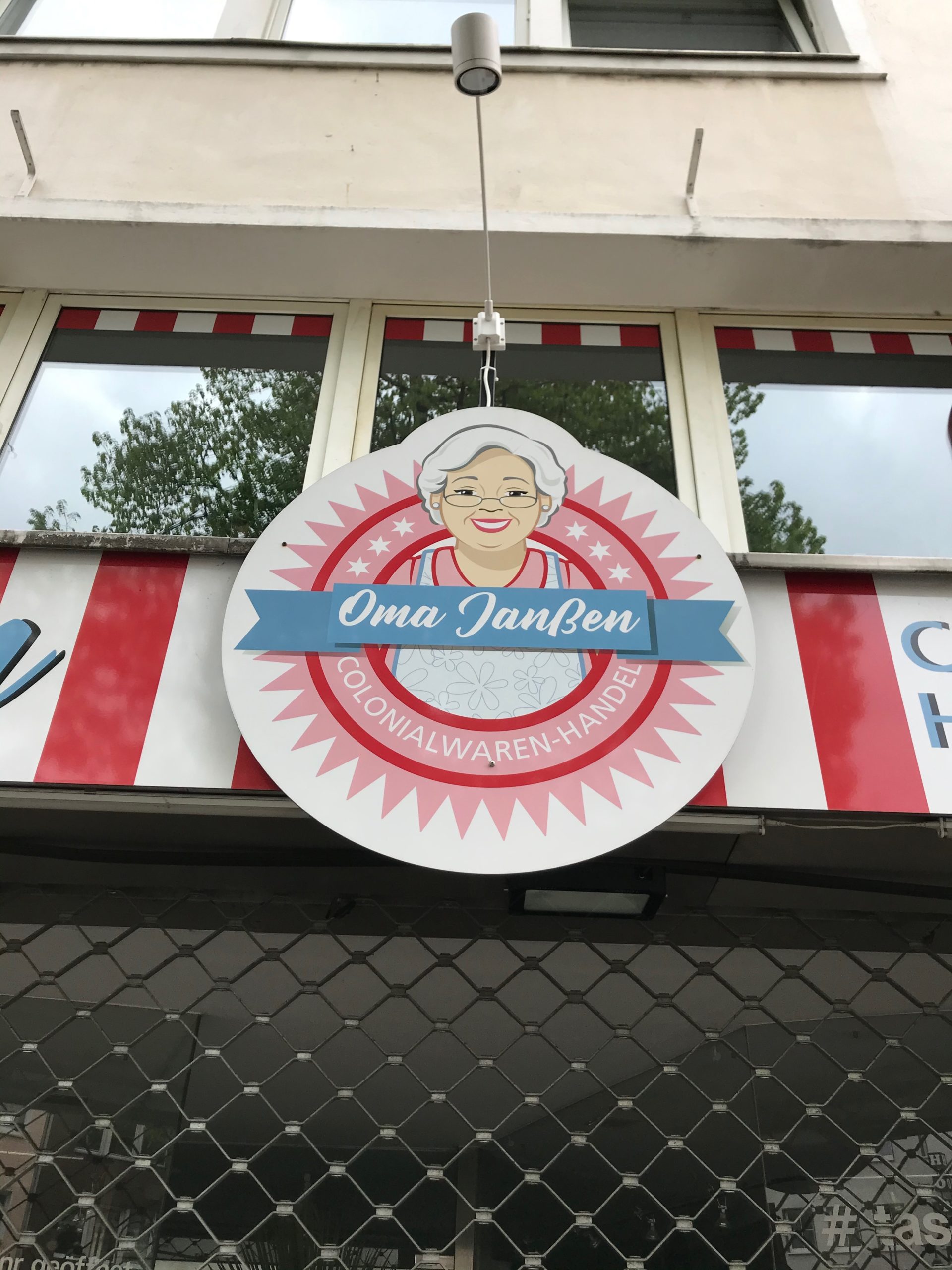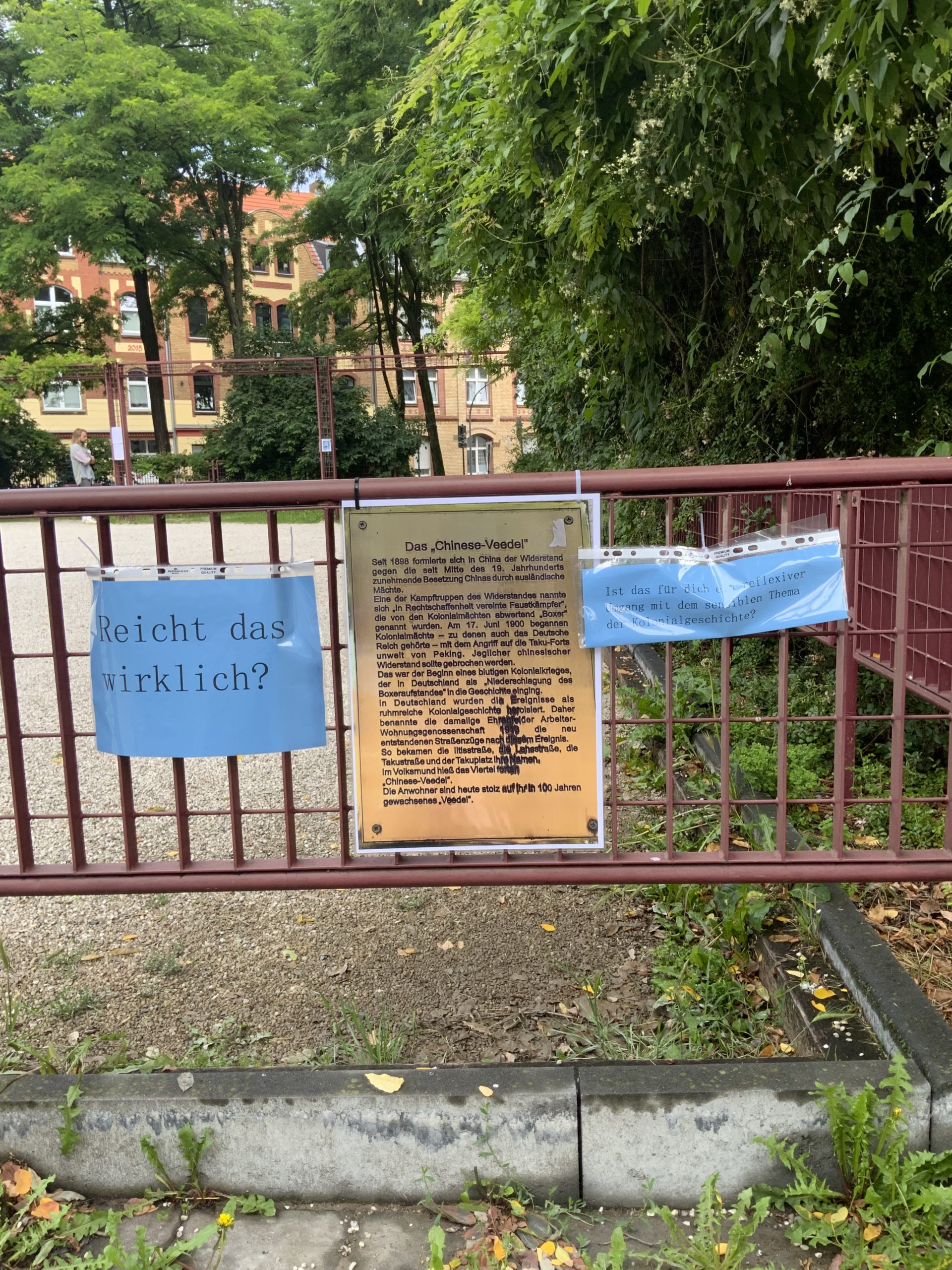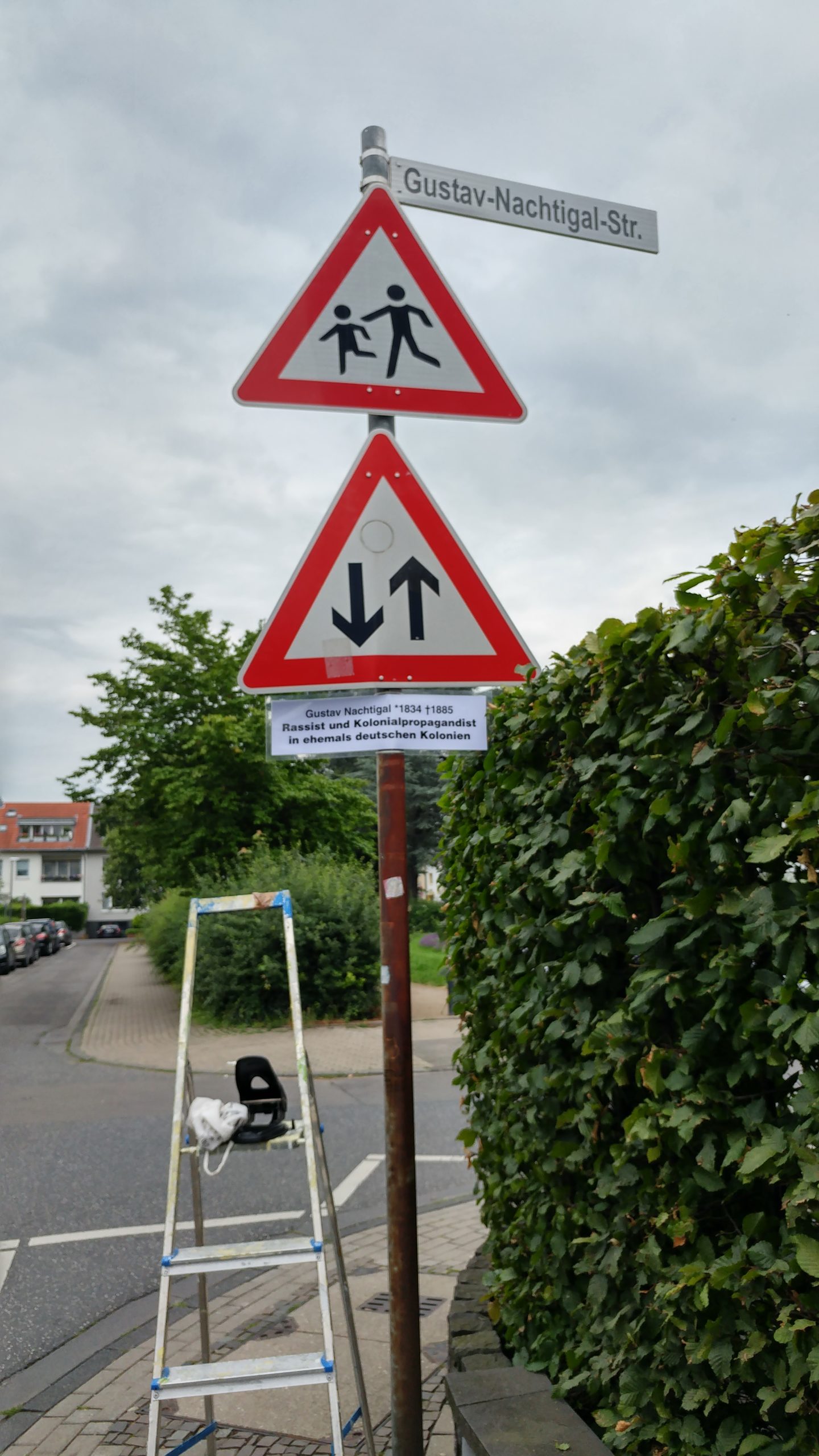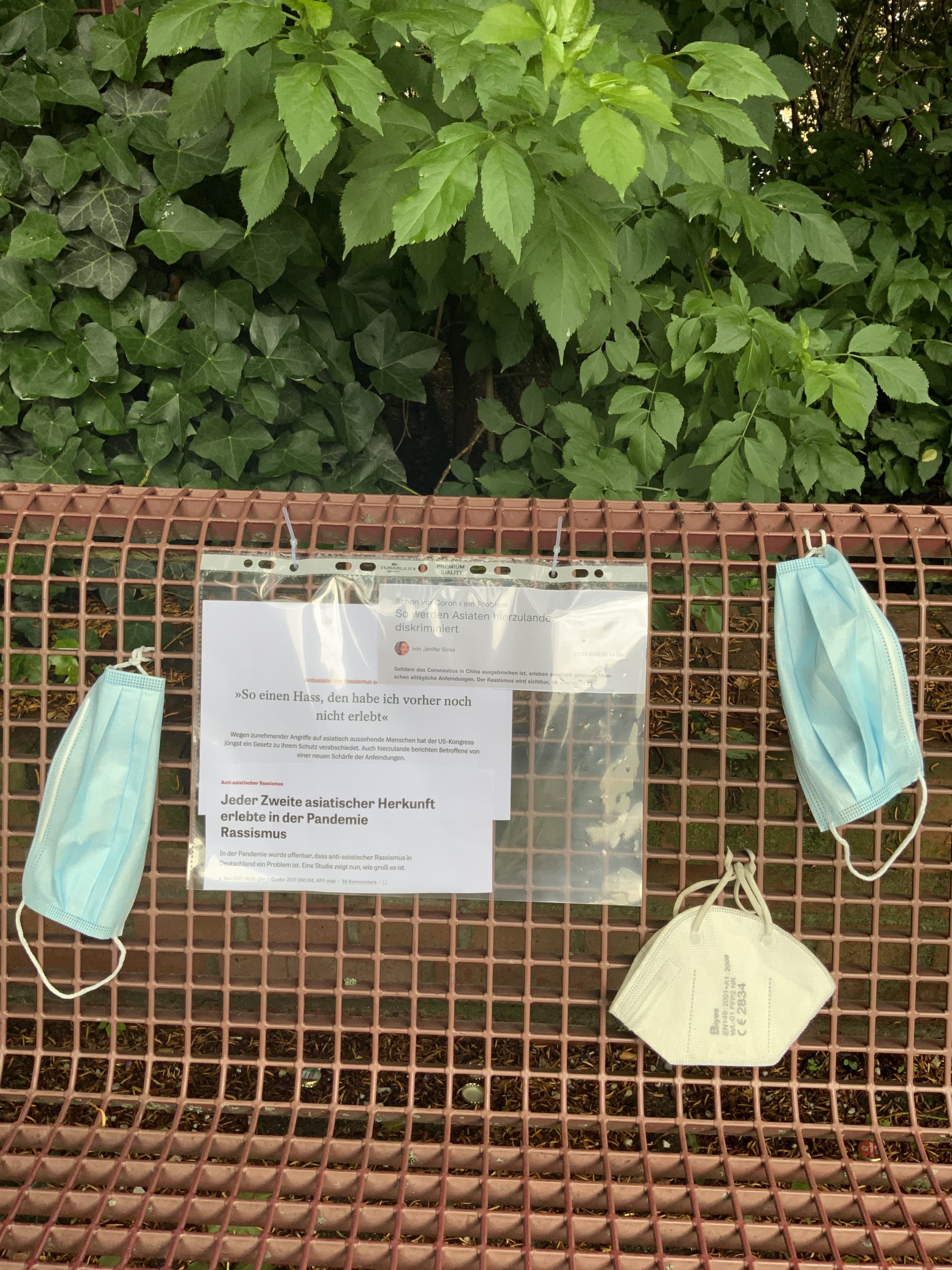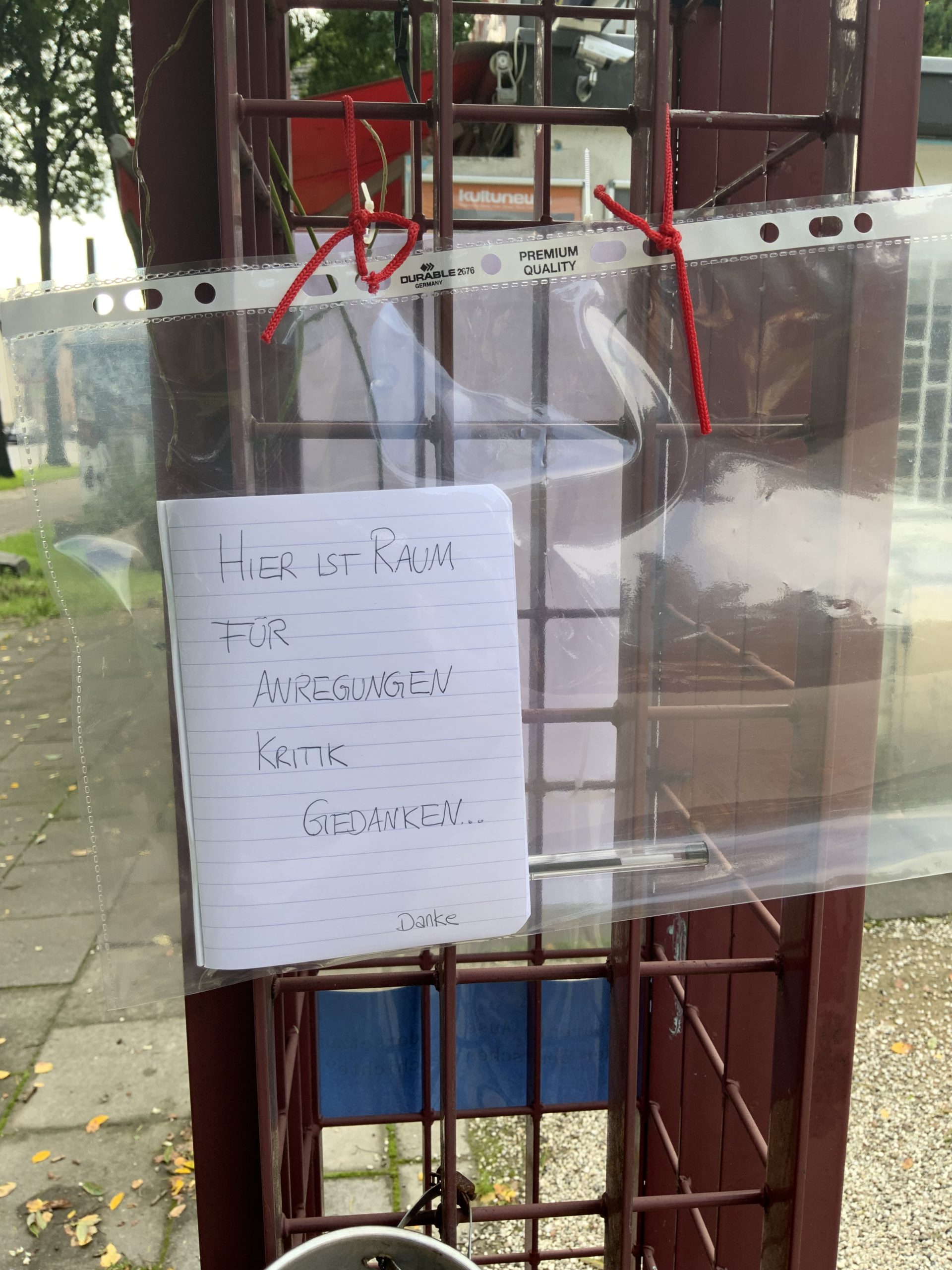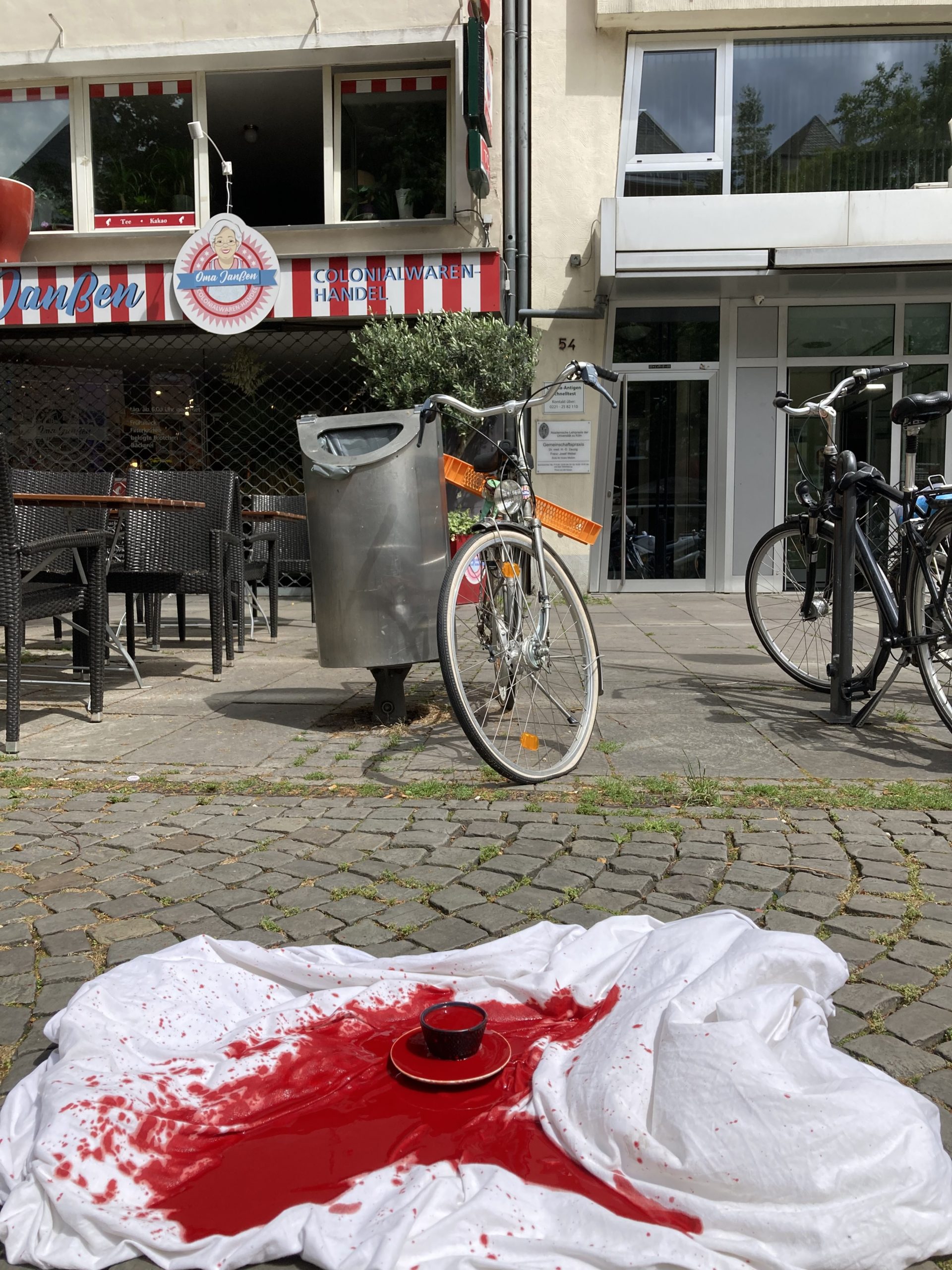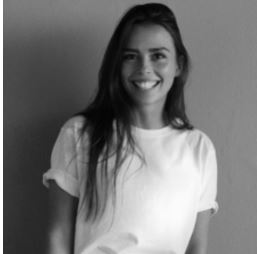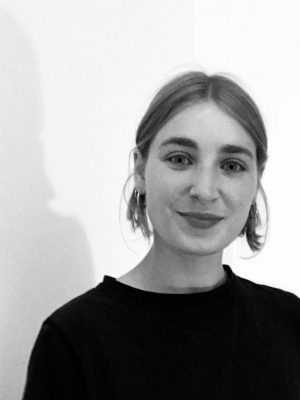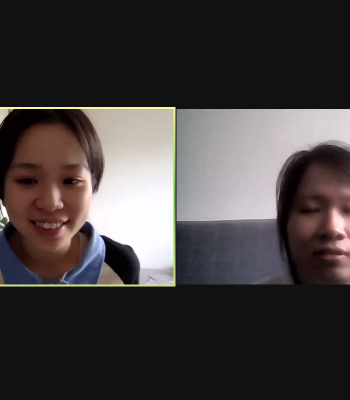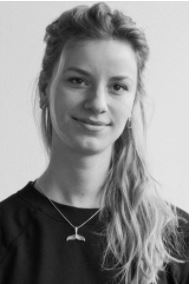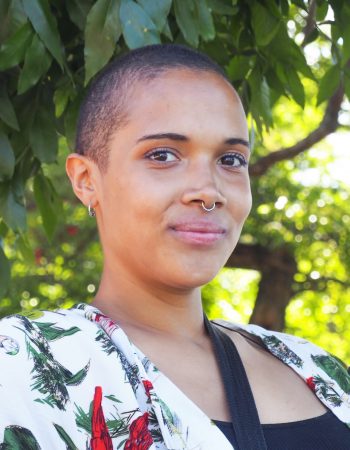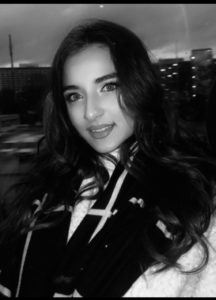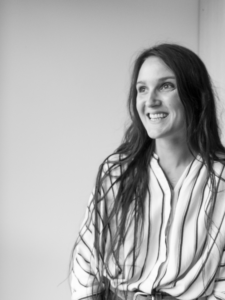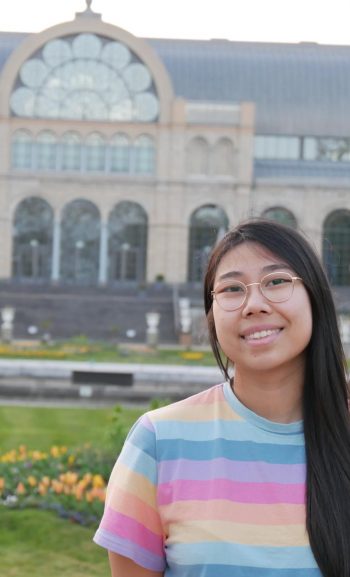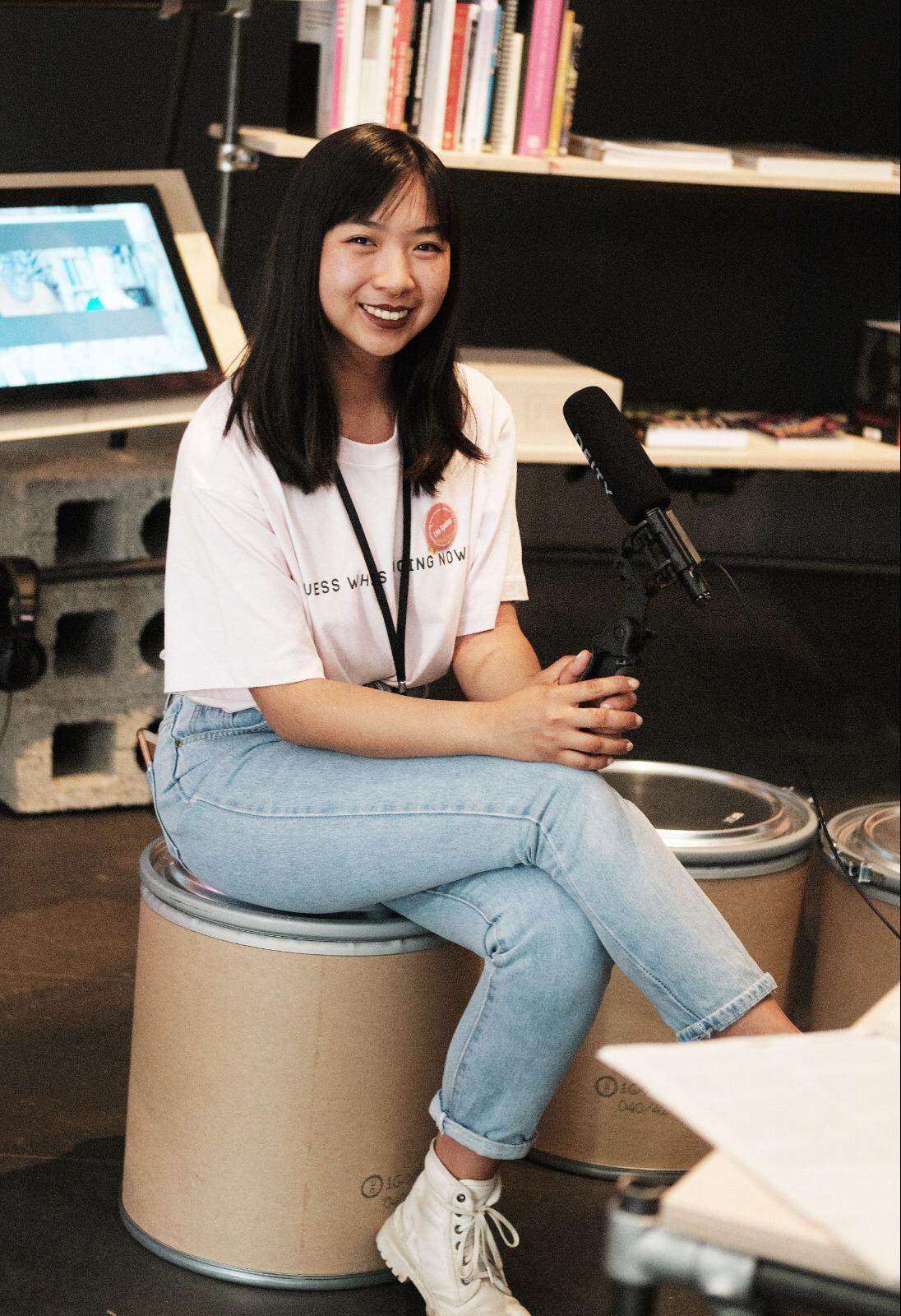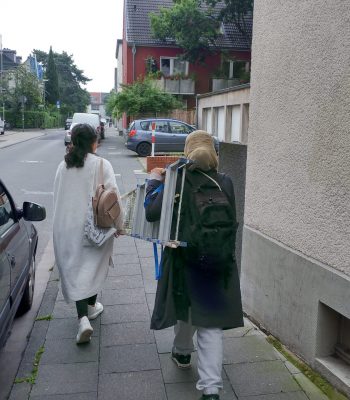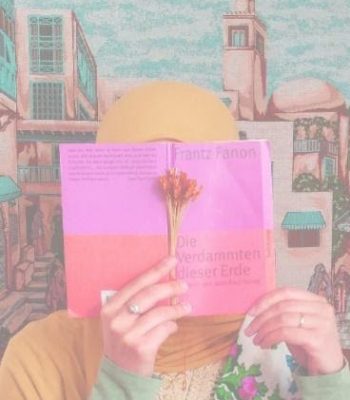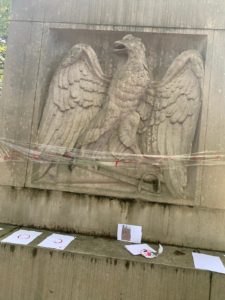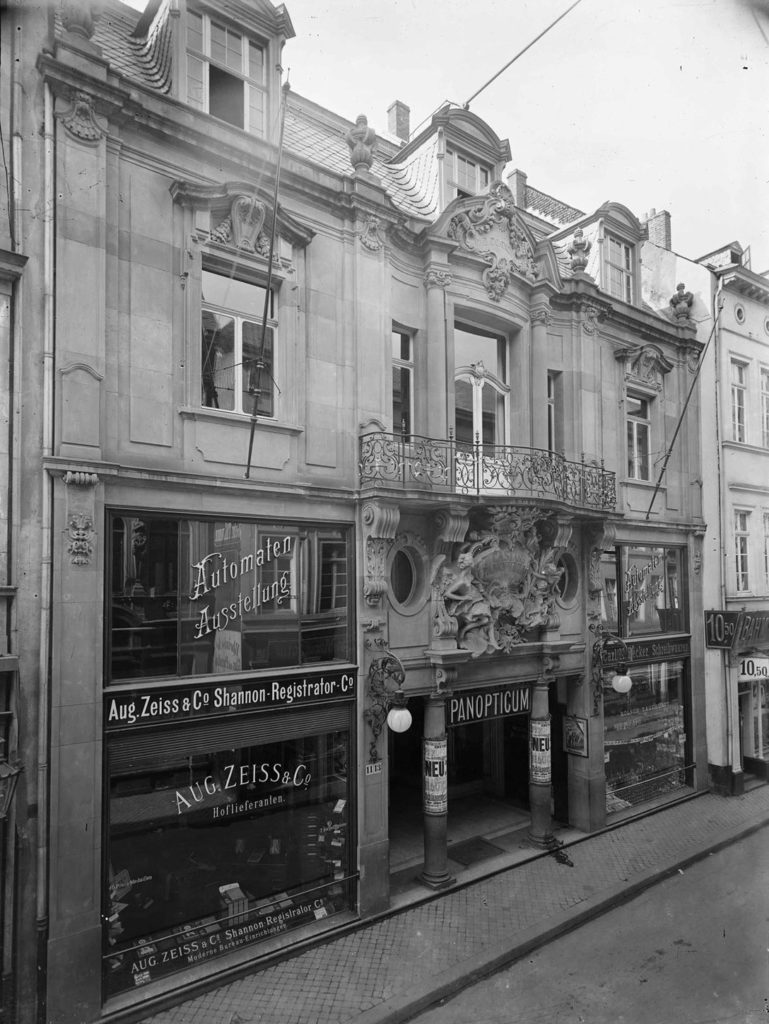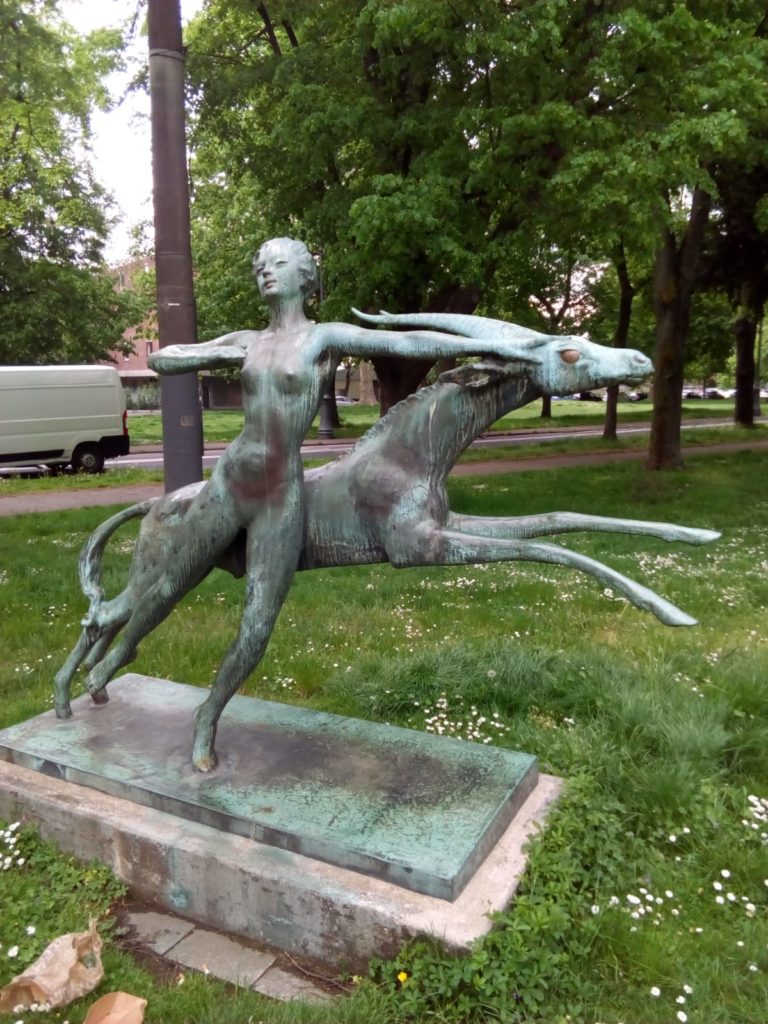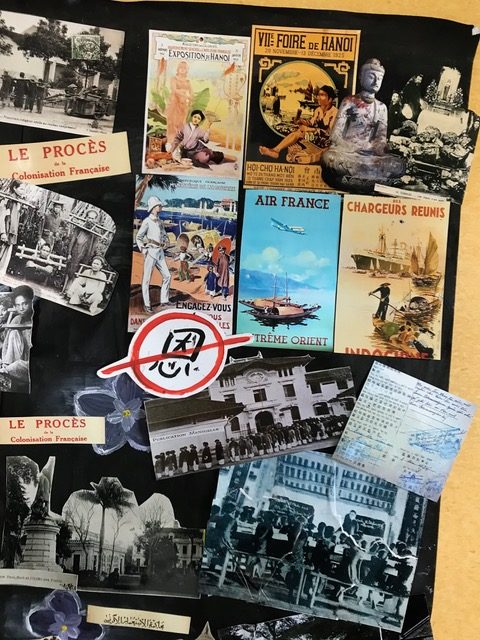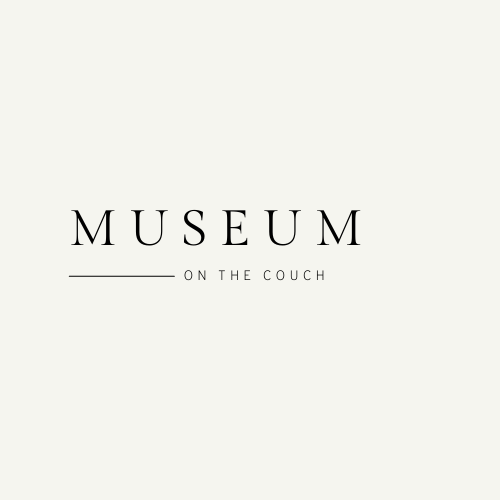
This semester's programme is a little different from the previous sessions, since instead of exploring the usual ethnographic or colonial collections, it is now a question of discovering the city, particularly Cologne, from the angle of its colonial history, from the museum to the colonial shop...
Backed by the Institute of Ethnology of the University of Cologne and in partnership with the RJM, the students - who come from various courses of study (Ethnology, Medienwissenschaften, Medienkultuirwissenschaften, theatre or plastic arts in certain years) - were invited to reveal an aspect of the colonial history of the city, in this case mainly from Cologne where the museum and institute are based, but also from the surrounding cities, from Wuppertal to Santiago de Chile. ...according to the home cities of this year's participants, from significant urban locations. This semester, the "Museum on the Couch" seminar-workshop will therefore focus on the way in which colonial history is inscribed in public urban space (statues, street names, factories, shops, etc.), outside the walls of the museum.
This approach is based on a research-creation methodology that uses anthopology as a tool for creative exploration: after having freely chosen a subject inspired by a place in the city that echoes its colonial past, and linked as far as possible to the RJM's collections, the students are invited, alone or in groups, to design an action that takes place in the public space: wandering, performance, guided tour, "invisible theatre" or any form of "heuristic disturbance" highlighting the principles that govern the political order of public space in democracy today.
These works are therefore the results of this research. They were accompanied by anthropologist Bernard Müller and performance artist Juan Gomez to help students immerse themselves in the world of the street.
They are asking for your feedback and comments. A space is reserved for this purpose at the bottom of the page

